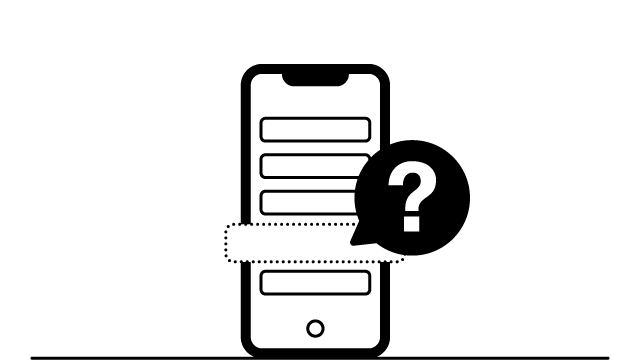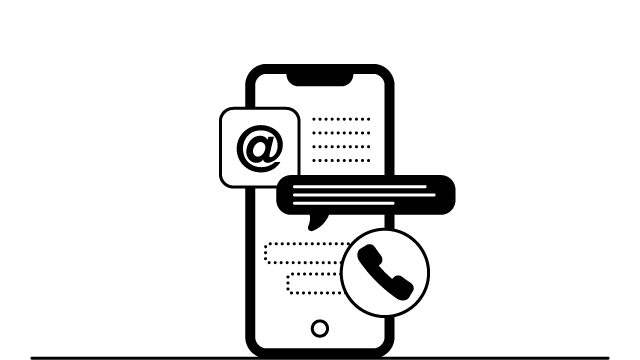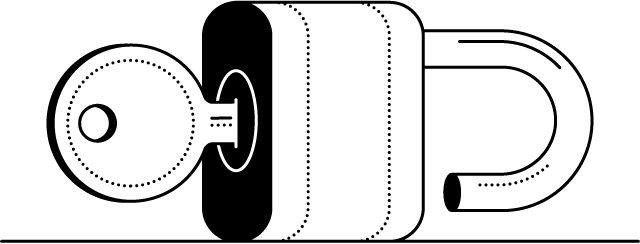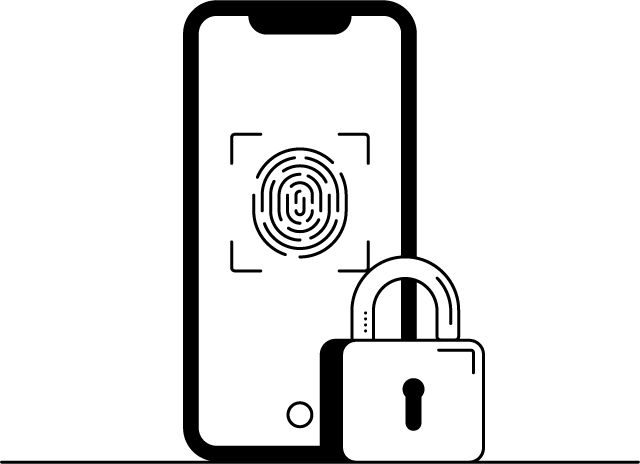Fraud awareness
Find out how to keep your money safe and prevent fraud
Preventing and reporting fraud
Here’s what to do if you’ve been caught out by a scam, received something suspicious or notice something unusual on your account.

How to report fraud
If you think you’ve been scammed or you notice something unusual on your account, call us on 03 456 100 100 as soon as possible so that we can protect your account and investigate.

Want to check who's calling?
Scammers can change their caller ID to make it look like we’re calling you – this is called number spoofing. If you want to check it's really us, stop and call 159.
The 159 service is available 24/7. To learn more, visit the Stop Scams UK Opens an overlay [Will show a security message first] website.

Want to check an email?
If you receive an email from us and you don’t think it’s genuine, forward it to phishing@hsbc.com so we can investigate and help prevent further phishing.
To learn more about what how to avoid email scams, take a look at our phishing guide.
How to tell it’s really us
Knowing what to expect from us and what to expect from scammers can help you protect yourself and others.
We’ll never ask you to:
- share your PIN
- share your Online Banking password or Secure Key codes
- transfer money, including to a ‘safe’ account
- send us your card, cheque book or cash.
If you receive a call, text or email…
Stop: Taking a moment to think things through could keep you and your money safe.
Challenge: Could it be fake? It’s okay to reject, refuse or ignore requests. Only criminals will try to panic you.
Protect: Don’t call numbers in a message or email. Instead, contact the company directly or go to the official website.
The lowdown on fraud and scams
The world of fraud and scams is fast-evolving and full of cyber terms and cryptic acronyms – it can be hard to keep up. So we’ve rounded up the most commons terms and latest scams in our super simple guides.
What’s fraud?
Fraud is suspicious activity on your account that you didn't know about and didn't authorise.
Examples of fraud include:
- unauthorised use of your credit or debit card
- bank account takeover - someone accesses your account without you knowing
- identity theft - a fraudster uses your details to open accounts in your name.
What’s a scam?
A scam involves you making or authorising the payment yourself. You're persuaded to buy a fake item, or transfer a sum of money, not realising you're being conned by a criminal.
Scams can be very convincing, and anyone can get caught out.
Examples of scams include:
- instructions to transfer money to another account (e.g. a 'safe account')
- fake investment opportunities
- requests for money from a scammer who has befriended you or struck up a romance online
- 'too good to be true' deals that must be paid for by bank transfer.
More help to keep you safe and secure
Report Fraud
You can report fraud or cybercrime to Report Fraud, a national reporting centre run by the City of London Police.
Visit Report Fraud Opens an overlay [Will show a security message first]
Take Five
Straightforward, impartial advice on preventing email, phone and online fraud, with a focus on impersonation fraud.
Learn more about Take Five Opens an overlay [Will show a security message first]
Cyber Aware
Cyber Aware is a government campaign to help you learn how to protect yourself online.
Visit Cyber Aware Opens an overlay [Will show a security message first]
FCA warning list
The Financial Conduct Authority lists unsafe firms to help you avoid being a victim of investment fraud.
Learn more about the FCA warning list Opens an overlay [Will show a security message first]

